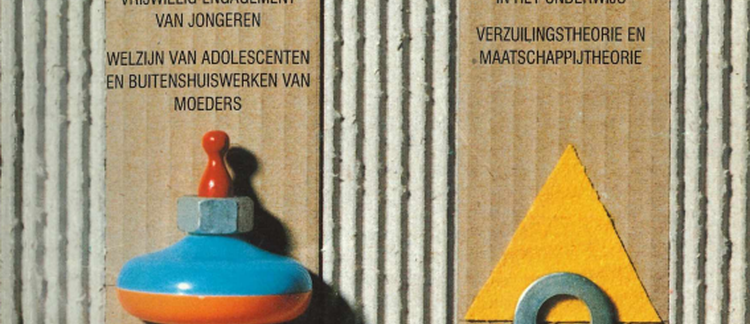Abstract
Girls and boys now participate more or less equally in higher education. In stark contrast to the disappearance of gender inequalities, social inequality has persisted. Figures for 1976, 1985 and 1992 show that children of white-collar workers or educated parents are three to four times more likely to go on to higher education than children from working-class backgrounds or children whose parents are not educated. The level of social inequality has, in other words, hardly changed at all between 1976 and 1992. In most other welfare States, too, one notices that despite an increase in the participation in higher education - including amongst the lower social groups - the gap between higher and lower social classes has remained roughly the same. Flanders is, in other words, no exception to the general rule.
How to Cite:
Tan, B., (1998) “Blijvende sociale ongelijkheden in het Vlaamse onderwijs”, Tijdschrift voor Sociologie 19(2), 169–197. doi: https://doi.org/10.21825/sociologos.86444
Downloads:
Download PDF
View
PDF

